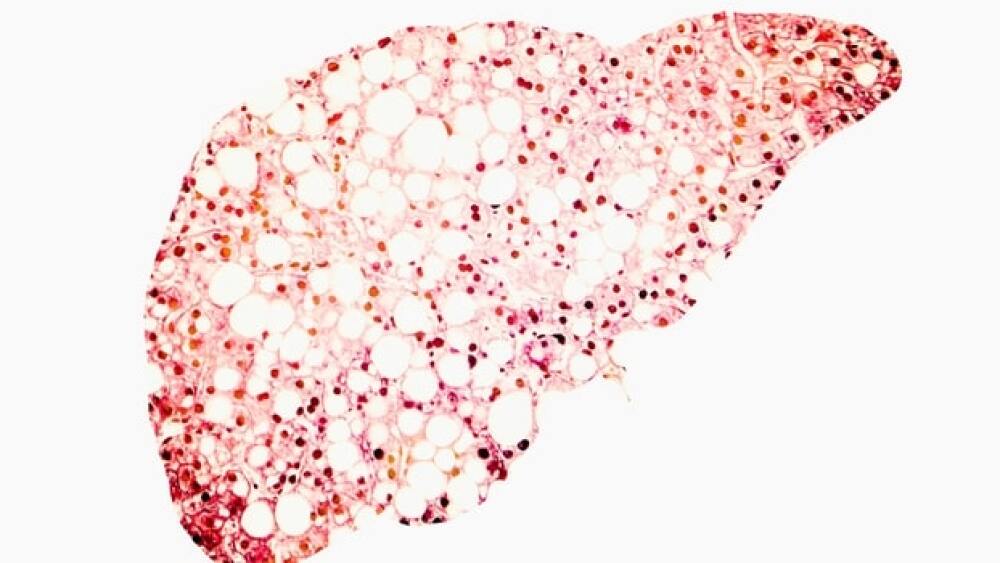Chemomab’s experimental antibody shows promise in NASH.
Courtesy of Getty Images
Topline data from a Phase IIa study showed ChemomAb’s (Chemomab) investigational monoclonal antibody, CM-101, met its primary endpoints of safety and tolerability in nonalcoholic steatohepatitis (NASH), the Israel-based biotech reported Tuesday.
Subcutaneous administration of the candidate was safe, inducing no significant injection site reactions or anti-drug antibodies. Most side effects were mild. One serious adverse event arose but was deemed unrelated to the study drug.
The company’s stocks rose 35% in pre-market trading in reaction to the news.
The Phase II trial enrolled 23 NASH patients with liver fibrosis stages ranging from F1c to F2 and F3. CM-101 was given at 5-mg/kg subcutaneous doses once every two weeks over a total treatment period of 16 weeks.
Aside from safety, the trial also examined the impact of CM-101 on liver fibrosis biomarkers. Data showed that treatment with Chemomab’s NASH candidate led to improvements in a number of key biomarkers, including ProC-3, ProC-4, ProC-18, TIMP-1 and ELF.
Moreover, nearly 60% of patients dosed with CM-101 saw treatment responses in at least three fibrosis-related biomarkers, whereas no such effect was reported in the placebo group.
FibroScan, a non-invasive elastography method, also found that more patients in the active treatment arm demonstrated improvements in liver stiffness.
In a statement, Massimo Pinzani, M.D., Ph.D. and Director of the University College London Institute for Liver and Digestive Health, said that these results highlight CM-101’s “potential to interrupt the inflammatory and fibrotic vicious cycle,” and its “potential for much-needed disease-modifying therapy.”
CM-101 is a first-in-class monoclonal antibody designed to target the CCL24 protein, a key regulator in fibrotic-inflammatory pathways. The candidate is also being evaluated in another liver ailment known as primary sclerosing cholangitis.
Latest Development in Hot NASH Space
Chemomab’s mid-stage win Tuesday follows Madrigal’s Phase III success last month, which saw its oral thyroid hormone receptor agonist resmetirom ace its primary endpoints in the MAESTRO-NASH biopsy trial.
In the late-stage trial, both 80-mg and 100-mg doses of Madrigal’s candidate led to significantly higher rates of NASH resolution and improvements in liver fibrosis, as compared with placebo.
Resmetirom also significantly suppressed levels of LDL cholesterol relative to placebo, a key secondary endpoint of MAESTRO-NASH. Both dose levels were safe and well-tolerated, according to the biotech.
Based on these promising Phase III data, Madrigal is targeting an accelerated approval for resmetirom as a treatment for non-cirrhotic NASH for liver fibrosis.
The company expects to file for the drug’s approval early this year. If approved, resmetirom would be the first NASH drug to hit the market.






